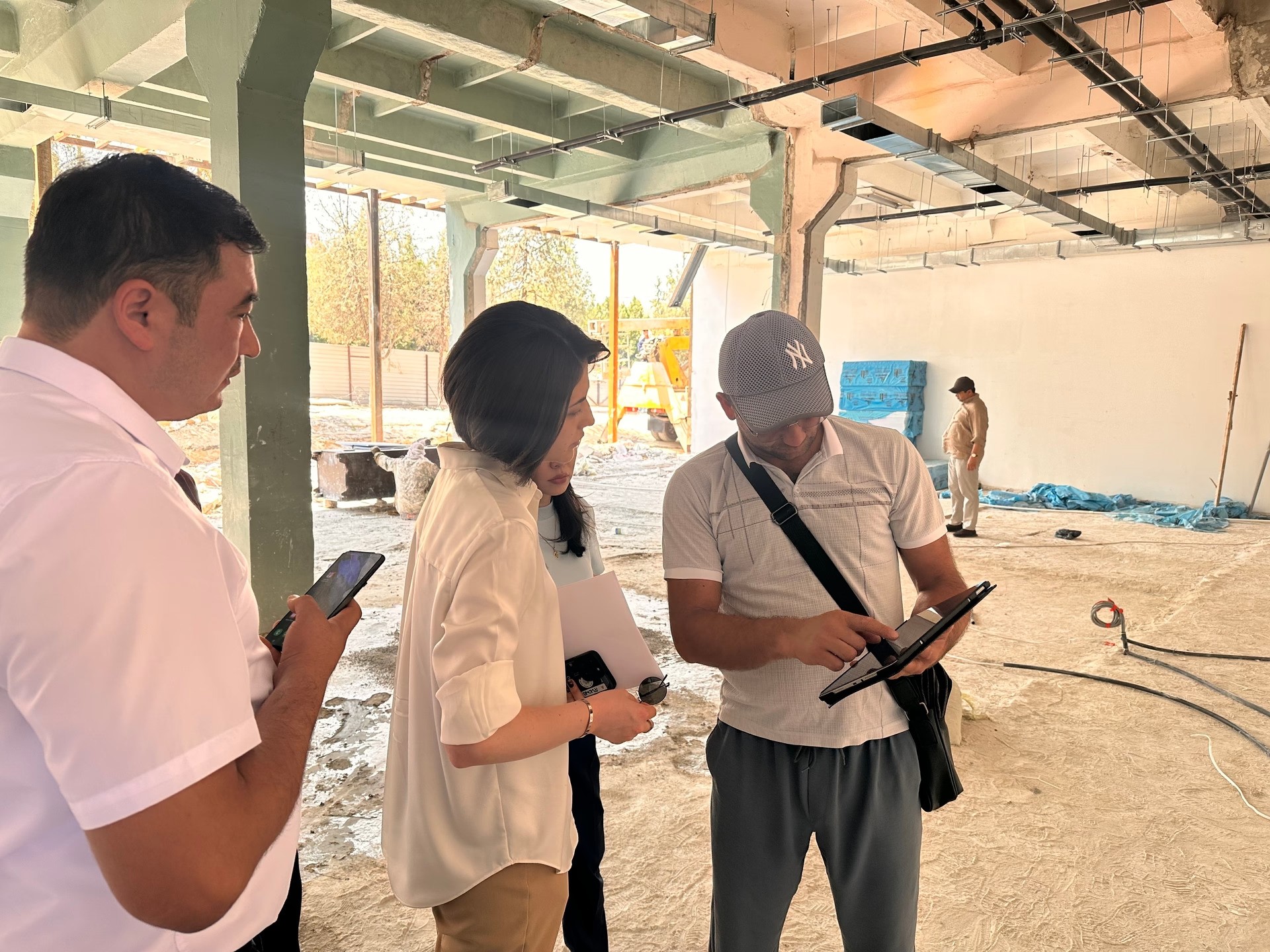An initiative to teach teenagers basic programming skills is being launched in Uzbekistan: Yandex Uzbekistan has announced the launch of a free online course for schoolchildren aged 14 to 17. The educational project is aimed at developing digital competencies among young people and expanding access to modern IT education, regardless of the region of residence.
The training program is designed for beginners — no preliminary training is required. The course is built around the basics of the Python programming language and the visual module turtle, which can be used to convert code into graphics. This format makes the learning process interactive and intuitive, even for those who are new to programming.
The course consists of eight thematic modules with a duration of one to one and a half hours. Each lesson is accompanied by an automatic task check, which allows students to track their own progress in real time. After completing the course, participants receive an electronic certificate. At the same time, one hundred and twenty best students who complete the course before August 20 will be accepted to the Yandex basic Programming School without passing a competitive selection process.
The fall program for applicants to the main school involves an in-depth study of Python, development of project thinking, mastering teamwork and basic IT design skills. This approach is focused not only on the development of technical skills, but also on the formation of sustainable digital competencies that are in demand in the modern knowledge economy.
You can register for the course until August 15. Training takes place in an online format, available at any convenient time, and only a computer with Internet access is required to participate. The initiative is open to teenagers from all regions of Uzbekistan and does not involve any costs on the part of participants.
The launch of the Yandex Uzbekistan course reflects the country's broader digitalization strategy, which focuses on involving the younger generation in the field of information technology. In the context of a global shortage of IT personnel and the growing digital transformation of the economy, programs of this kind are becoming an important element in the formation of national technological potential.













